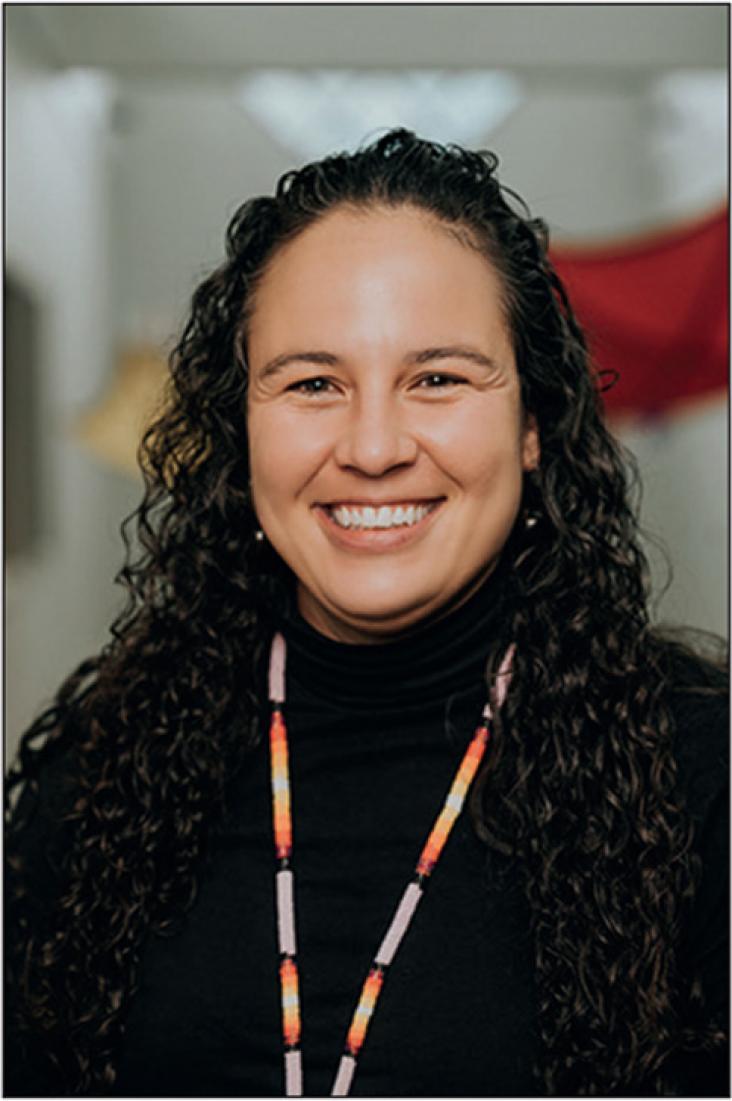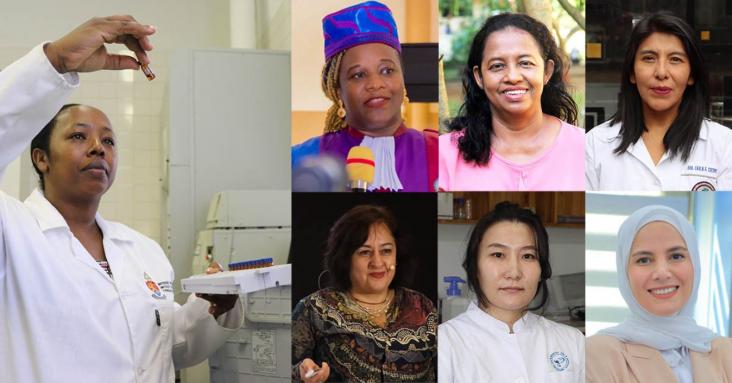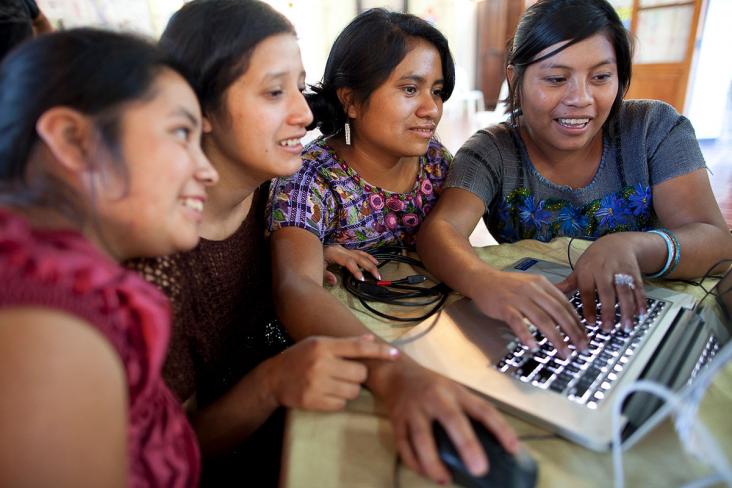This study was designed to explore the relationship between Alzheimer's disease (AD) rates and socioeconomic conditions in 120 countries.
This chapter aligns with SDG Goal 5: Gender equality and Goal 10: Reduced inequalities by highlighting the frequency with which women are misdiagnosed and considering how sex and gender can better be implemented in healthcare research.

Shaquita Bell, who is both Black and Indigenous, recently became the 33rd Native-identifying full professor of medicine in the USA. Bell's work questions the idea of race as a driver of health outcomes, and aims to improve understanding of race as a social rather than a biological construct.

The Organization for Women in Science for the Developing World and the Elsevier Foundation celebrated the 2023 OWSD-EF Awards for Women Scientists, with researchers from Benin, Bolivia, Guatemala, Palestine, Mongolia, South Africa and Sri Lanka. Awarding women scientists means not only recognizing their impressive work but empowering them to be role models. Read more about these incredible women! This article relates to SDG 5, Gender Equality.

Hear unique perspectives from the inspiring female technologists across RELX in celebration of International Women's Day 2023, relating to SDG 5, Gender Equality.

Celebrated annually on 8 March, International Women's Day is a global day to recognize the social, economic, cultural, and political achievements of women. The theme for this International Women’s

In this special International Women's Day episode of the “World We Want” podcast series, Kume Chibsa, inspirational thought leader and CEO & Co-Founder of Afrovalley, talks to Márcia Balisciano about the agro supply chain challenges that farmers, particularly women, face in Africa and how Afrovalley uses the latest in blockchain technology to help solve them, as well as the difference between equity and equality, the importance of mental health, and many more valuable leadership insights.

Adolescents comprise a small portion of those who receive abortions, but they rely more on abortion care than any other group; approximately 50% of pregnancies in people younger than 15 years and 25% of pregnancies in those aged 15–19 years end in abortion.
Elsevier,
European Journal of Obstetrics & Gynecology and Reproductive Biology: X,
Volume 17,
2023,
100180,
ISSN 2590-1613
Older patients seeking to conceive must be counselled regarding increased risks in order to make well-informed decisions.
This content aligns with Goal 3: Good Health and Wellbeing as well as Goal 10: Reduced Inequalities by recognizing the importance of addressing health needs across various life stages within the family unit, emphasizing the significance of equal rights and access to healthcare for women, children, and men. It underscores the role of family and community support in promoting health through factors such as nutrition, education, and social and mental well-being, contributing to the overall health and well-being of individuals. Additionally, the discussion of the impact of aging on both individuals and families highlights the need for comprehensive health and social support systems to address the challenges associated with aging, thereby promoting good health and well-being for all members of society. Furthermore, acknowledges the influence of social inequities, poverty, and other factors such as displacement and mass trauma on family health. By advocating for the reduction of poverty and the provision of social support systems, the content supports efforts to reduce inequalities in access to healthcare and promote equitable health outcomes for all members of society.
